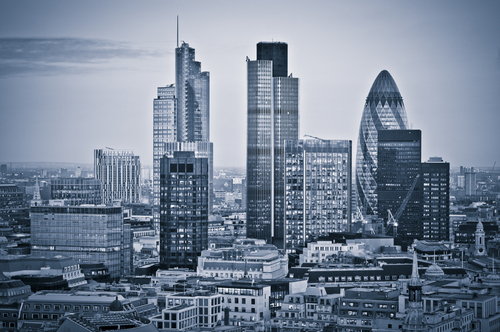The Government has dismissed concerns from the House of Lords that London’s broadband is worse than many other European capitals, arguing that most homes and businesses in the city have access to fast, affordable superfast Internet services.
The Lords’ report, entitled Make or Break: The UK’s Digital Future said the ongoing presence of broadband ‘not-spots’ in the UK was unacceptable and published a table which said average speeds in London were less than half those enjoyed in Bucharest, Paris and Vilnius as well as a number of other towns and cities in the UK.
“It’s unacceptable that some urban areas still experience ‘not-spots’, particularly where the lack of internet directly affects the UK’s ability to compete,” said Chair of the Committee Baroness Morgan.
London broadband row
 However Ed Vaizey, minister of culture and the digital economy, said commercial rollouts of fibre, regulatory intervention and government initiatives like Broadband Delivery UK (BDUK) and Super Connected Cities vouchers meant the situation was far better than the report suggested.
However Ed Vaizey, minister of culture and the digital economy, said commercial rollouts of fibre, regulatory intervention and government initiatives like Broadband Delivery UK (BDUK) and Super Connected Cities vouchers meant the situation was far better than the report suggested.
He claimed nine out of ten homes in the capital can receive superfast broadband, while prices are among the lowest in Europe:
“The picture is much better than the Committee paints. Business broadband is readily available in London.
“Most businesses can access speeds of up to one gigabytes [sic] a second. But it’s expensive. That’s why the media regulator Ofcom has conducted enquiries into the business broadband market – and prices are now falling.
“We’re also looking at making it simpler for broadband providers to access land and property where they need to upgrade infrastructure.
“Local councils can do their bit as well. They can make it easier for broadband providers to get planning permission to put up cabinets, or coordinate street works to ensure fibre can be laid quickly.”
The government’s current target is for superfast broadband to be available to 95 percent of the population by 2017 and is holding trials of alternative technologies to connect the final five percent.
According to Ofcom, the average UK broadband speed is 23Mbps, a figure which should rise as more people take up superfast broadband. The BT Openreach network currently reaches 22 million properties, while Virgin Media is investing £3bn to expand its footprint to 17 million.
What do you know about fibre broadband? Take our quiz!




